We might think of Zika as a mosquito-borne virus that effects developing fetuses, but, it also can be passed through sex by either a man or a woman, just like herpes and other STD viruses. New research has shown that vaginal bacteria can inhibit sexually transmitted Zika virus and Herpes Simplex Virus-2 in women.
Megan Amerson, a doctoral student at the University of Texas Medical Branch at Galveston, presented her research findings at the American Society for Microbiology Microbe 2017 meeting in June in New Orleans.
"When confronted with viruses, such as those responsible for sexually transmitted diseases, these vaginal bacteria can limit or possibly prevent infection by changing the expression of genes within the vaginal cells," Amerson said in a press release.
A Healthy Vaginal Microbiome
Like our gut and skin microbiomes — the communities of bacteria, viruses, and fungi that live there — the vaginal microbiome varies with age, health status, diet, and other factors. In 2015, a research group analyzed the vaginal bacteria found in 310 women to characterize the healthy vaginal microbiome.
The bacterial communities fell into six groups. Species of Lactobacillus dominated the vaginal microbiome in three of the groups of women, specifically Lactobacillus crispatus, Lactobacillus iners, and Lactobacillus jensenii. Other groups were dominated by Gardnerella or were a mixed population of Streptococcus, Staphylococcus, Peptoniphilus, E. coli, and Proteobacteria.
Indeed, an abundance of Lactobacillus has been used to characterize a healthy vagina to the point where probiotics containing this bacteria are used to maintain and restore the microbiome and significant shifts from this bacterial population have been used to denote unhealthy states. Bacterial vaginosis is an infection where the hallmark characteristic is replacement of Lactobacillus by a mixture of different bacteria. Human Papilloma Virus (HPV) infection, cervical pre-cancer, and the development of cervical cancer have been linked to an increased diversity of vaginal bacteria, combined with a reduced abundance of Lactobacillus.
To find out if the vaginal microbiome plays a role in genital infection with Zika and Herpes Simplex Virus-2, Amerson developed a novel way to study these infections outside of the human body.
Viral Infections and the Vaginal Microbiome
The vaginal microbiome and vaginal epithelial tract exchange nutrients and communicate with each other to activate processes that defend the vagina against invading disease-causing microbes.
Amerson created a system to mimic the human vagina. She took human vaginal epithelial cells and kept them alive in 3D layers in the lab. This 3D vaginal cell culture system was the first one that bacteria could be grown on, just like the lining of the human vaginal tract. She used this system to test her hypothesis that the bacteria in the vaginal microbiome could affect the replication of sexually transmitted viral pathogens.
Either Lactobacillus or a mixture of bacteria that did not contain Lactobacillus was added to the vaginal epithelial cell cultures, followed by either Zika virus or Herpes Simplex Virus-2. The researchers measured viral replication after 48 hours.
Herpes Simplex Virus-2 increased when grown in cultures lacking Lactobacillus. Zika virus experiments gave mixed results. Some cultures lacking Lactobacillus showed increased viral replication, while others significantly decreased replication of Zika virus. The result suggests that other distinct bacterial species may be involved in the inhibition of viral replication besides Lactobacillus.
The findings show that the 3D cell culturing system could be a useful tool for studying the interaction of the vaginal epithelial cells, microbiome, and invading viruses. Future studies are planned to help identify probiotic bacteria that could help prevent sexual transmission of these viruses.
Just updated your iPhone? You'll find new emoji, enhanced security, podcast transcripts, Apple Cash virtual numbers, and other useful features. There are even new additions hidden within Safari. Find out what's new and changed on your iPhone with the iOS 17.4 update.
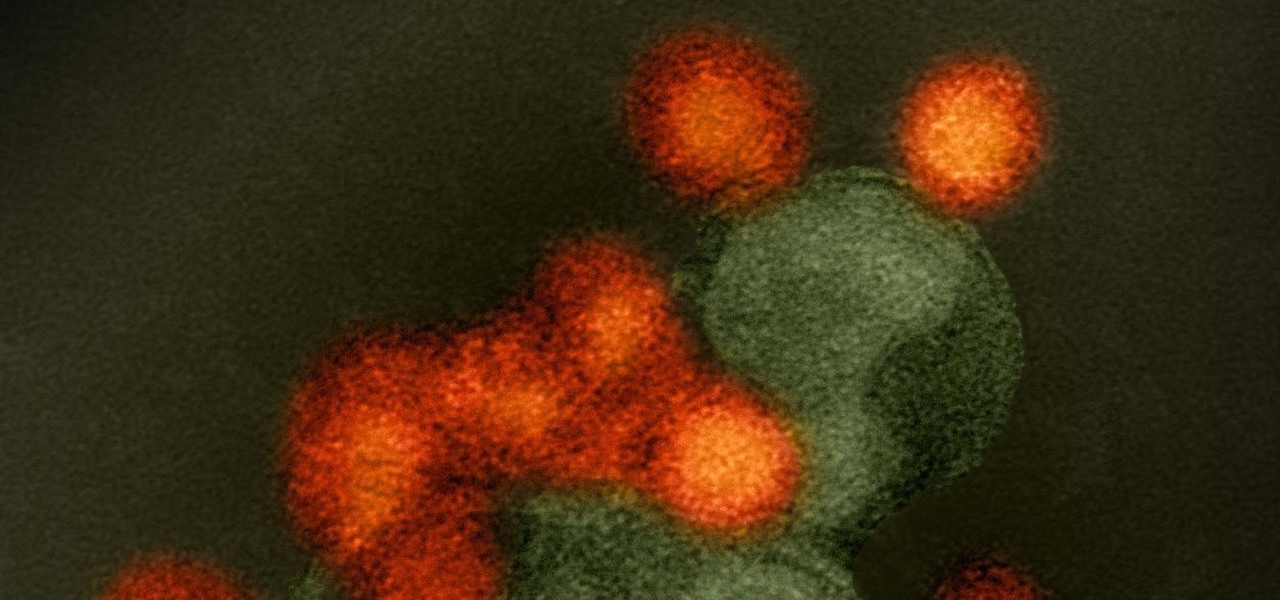


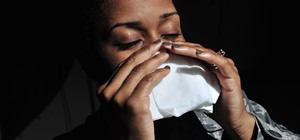



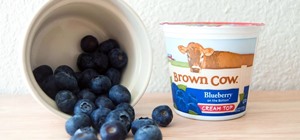
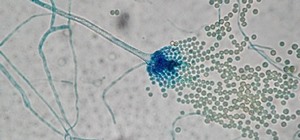
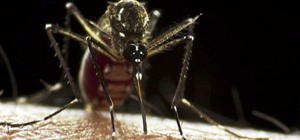
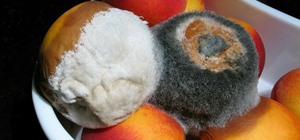



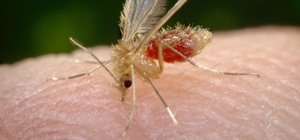



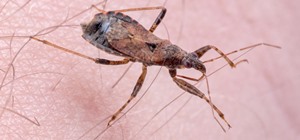


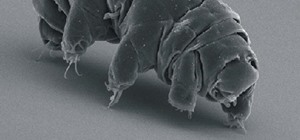
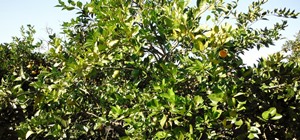


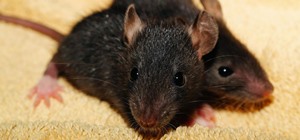
Be the First to Comment
Share Your Thoughts